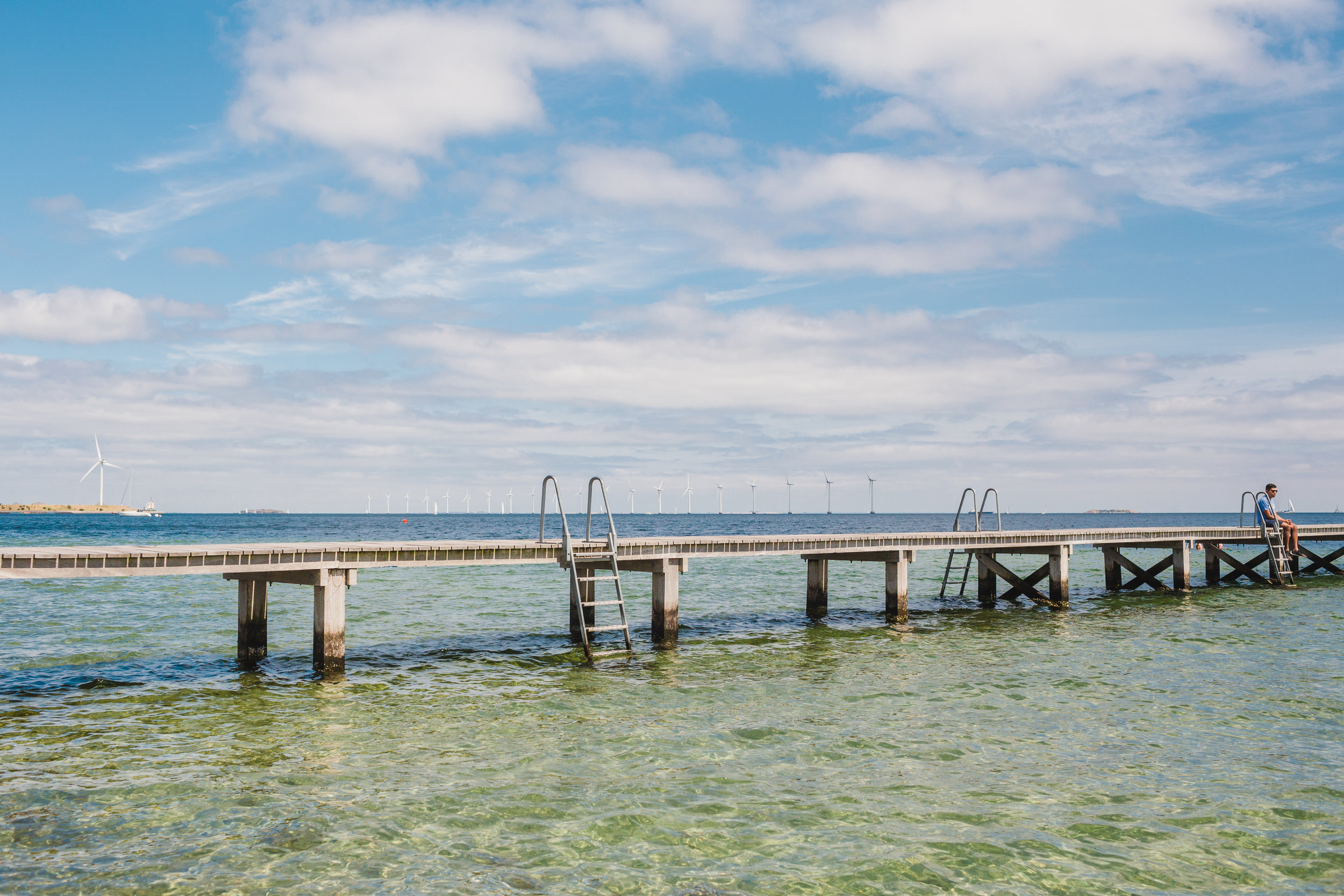So what exactly is "happiness?" I see that we talk about it a lot online, among our peer groups, with our families... even my husband and I have this conversation endlessly along with other guiding topics like "how does one define success and how does that relate to our ideas of happiness?" I thought by coming to Denmark, the chronically defined land of the "happiest people,” I too would find the happiness I craved. That feeling of self sufficiency and joy. But, it's been a year now, and I still do not feel any happier than I did in California. In fact I would say that I feel slightly more frustrated and a lot more stressed.
I, of course, do not blame these feelings of frustration on Denmark or the Danes... in fact I constantly watch them and look to them for signs of happiness and wonder how they define happiness within themselves.... I see a people who are indeed filled with a joy, a sense of security that my country does not share with them. Most of these lines of security are drawn down distinct partitions of policy and create huge cavernous expanses between my countries’ ideas of happiness and the Scandinavian ideas of happiness. So this stress and unease I feel is likely due to my already imbedded ideas of what I think happiness really is.
I think when we boil it down, most Americans equate their ideas of happiness and success to a monetary value. “I have x amount of dollars and therefore I either am or are not happy.” Some type of fiscal security leads to some type of personal gratification... having a lot of financial freedom means one will have the time to find what makes them happy. I want to argue against this point but, alas, I am beginning to find that although the Danes are not as wealthy as Bill Gates or Warren Buffets of the world, most (of course not all) are rarely in a situation that the Americans’ refer to as “rock bottom.”
Their fiscal security is both a product of hard work and deep consciousness. It is not a common commodity to find a Dane or someone from Denmark in a place where they are deeply in debt or unable to pay their rent (but as I said before, this does not apply to all just the larger majority). They have cash flow that is consistent enough to take a break from the everyday and when they go to work they work, when they leave work they do not. There are the wealthy and there are the not wealthy but when they are sick they do not fear a phone call to the doctor and when they are lacking in education they go to school. Working as a grocery store clerk or a train driver is not revered the same as in the US; these people are working… they are providing, they are contributing… they are happy.
I do not seek a status in my life where I am so wealthy I am afforded first class travel to wherever I want to go… but that doesn’t mean I do not want to go, just that coach is perfectly fine for my purposes. I do not want a level of lifestyle where I can boast big names on my shoes but rather that, when my shoes are worn I can afford to buy new ones. I steadily reach for this place that the US once had, the middle class. But these days it feels more and more like the conduit to happiness for Americans is though the bank vault door… to have enough to be left alone, to stop working, to just sit and be and perhaps a little more to brag with. This, I feel, is why the Scandinavians are so much happier than us.
Danes do not seek a place in their lives where they can just be “left alone,” they are constantly vying for the middle ground. A place between poverty and poshness where they can live and do what they want both in private and in their careers…. they take vacations and they enjoy their weekends and isn’t that what vacations and weekends are for? Doing what you want? In Denmark it is anyway. Time off is sacred ground for the Scandinavians, a place reserved for the ones they love and the things that make them truly happy.







